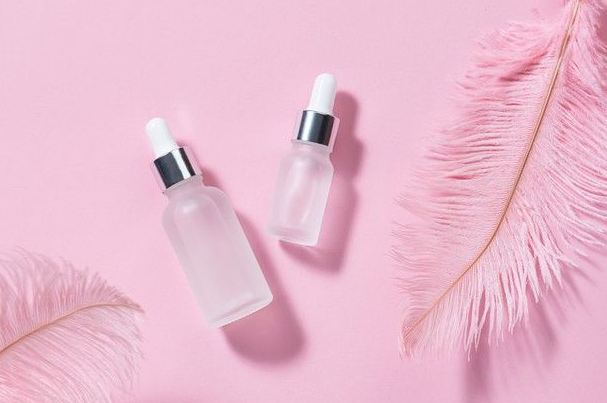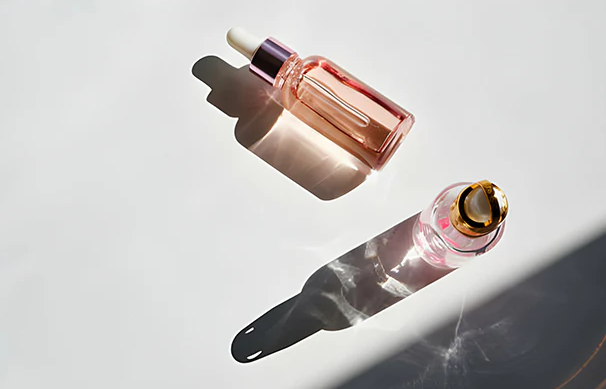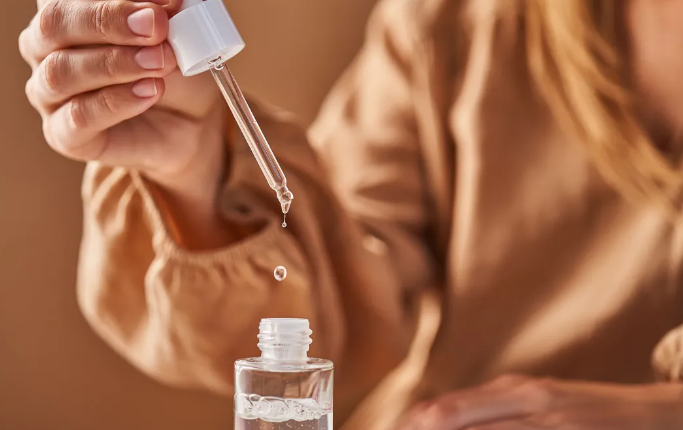
Greetings, readers! Welcome to another part of our skincare series. If you’re serious about skincare, you’ve probably heard the hype around Hyaluronic acid. Hyaluronic acid, pronounced hi-ah-lew-ron-ic acid, is a remarkable substance produced naturally by the body. Found in high concentrations in the eyes, joints, and skin, hyaluronic acid is known for its gooey, slippery texture and significant role in maintaining bodily functions. Often referred to as hyaluronan or hyaluronate, this versatile molecule offers a range of benefits that make it a popular ingredient in various health and skincare products.
What Does Hyaluronic Acid Do?

Hyaluronic acid is celebrated for its numerous benefits. One of its primary roles is to provide hydration. It can hold up to one and a half gallons of water in just a quarter-teaspoon, making it highly effective in treating dry eyes and maintaining moisture in the skin. This ability to retain water is why it’s a staple ingredient in many moisturizing creams, lotions, and serums.
Moreover, hyaluronic acid contributes to skin flexibility and elasticity. It helps the skin stretch and flex, reducing wrinkles and lines. Its healing properties are also notable; it accelerates wound healing and can minimize scarring. These qualities make it a valuable component in both skincare routines and medical treatments.
Interactions and Uses

Hyaluronic acid’s unique chain-like structure allows it to hold large amounts of water and transport other molecules effectively. This makes it an excellent ingredient for moisturizers and topical products. Its ability to act as a scaffold for tissue growth is crucial in wound healing and skin regeneration. For those considering hyaluronic acid for specific conditions, such as skin health, dry eyes, joint issues, or slow-healing wounds, consulting with a healthcare provider is recommended to explore the best treatment options.
Conclusion

Hyaluronic acid’s versatility and benefits make it a popular choice in both skincare and medical applications. From enhancing hydration and skin elasticity to aiding in wound healing, its uses are wide-ranging. Whether used in topical products or as a supplement, hyaluronic acid continues to be a topic of interest and study, promising new advancements and benefits for health and beauty. As always, it’s wise to consult with a healthcare professional before starting any new treatment regimen to ensure it’s right for you.

